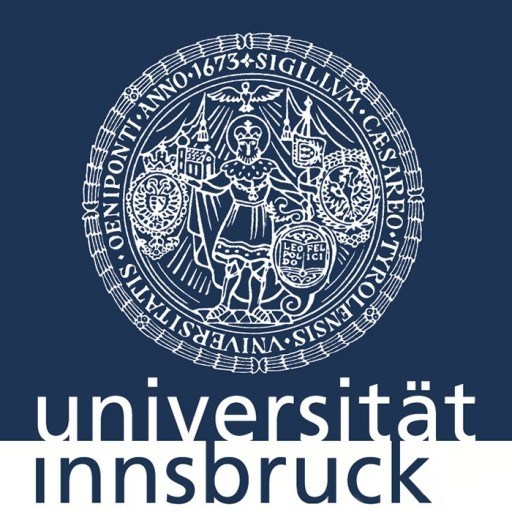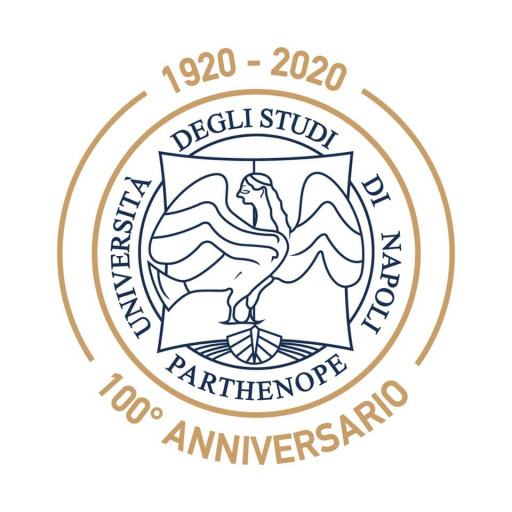Photos of university / #uniinnsbruck
The Bachelor's degree in Banking and Finance at the University of Innsbruck offers students a comprehensive education in the fundamental and advanced aspects of banking, financial markets, and financial management. Designed to prepare graduates for the dynamic world of finance, the programme combines theoretical knowledge with practical skills essential for careers in banking, investment firms, insurance companies, and financial consulting. Students will explore core topics such as financial accounting, corporate finance, monetary policy, risk management, and international banking. The curriculum emphasizes analytical thinking, quantitative methods, and ethical considerations, ensuring graduates are well-equipped to make informed decisions in complex financial environments. Throughout the course, students have opportunities to engage in case studies, internships, and research projects that foster a practical understanding of financial theories and their applications. The programme is delivered by experienced faculty members who are active researchers and practitioners in their fields, providing students with insights into current industry trends and challenges. The University of Innsbruck's location in Austria offers a strategic advantage, allowing students to connect with European financial markets and institutions. Upon graduation, students will possess the skills and knowledge necessary to pursue careers in financial analysis, banking operations, asset management, and financial consultancy. The program also serves as a solid foundation for those considering advanced studies or professional certifications in finance and related disciplines. Emphasizing a global perspective, the curriculum includes modules on international finance and European economic policies, preparing students for careers in a globalized economy. Students are encouraged to develop their critical thinking, problem-solving abilities, and ethical judgment, ensuring they are ready to meet the demands of the ever-evolving financial sector. With dedicated academic support, modern facilities, and a vibrant student community, the Bachelor's in Banking and Finance at the University of Innsbruck provides an ideal environment for aspiring finance professionals to thrive and succeed.
First Semester
- Principles of Financial Economics and Financial Intermediation
- Financial Reporting
- Derivatives
- Methods of Empirical Finance
- Principles of Mathematical Finance
Second Semester
- Corporate Finance
- Asset Allocation and Wealth Management
- Market Efficiency
- Management of Financial Institutions
- Applied Empirical Finance
- Ethical and Methodological Aspects in Banking and Finance
Third Semester
- 6 Elective Modules
Fourth Semester
- Master’s Thesis
- Research Colloquium for Master Thesis
Elective Module
- Corporate Valuation
- Portfolio Optimization and Management
- Applied Behavioral Finance
- Experimental Finance
- Applied Risk Management
- Information Economics
- International Finance
- Real Options
- Market Microstructure
- Financial Regulation
- Theoretical Corporate Finance
- Fixed Income
- Complexity in Financial Markets
- History of Finance
- Current Topics in Banking and Finance
- Special Topics in International Accounting
- Interdisciplinary Perspectives on Accounting
- Current Topics of Information Systems, Especially Social Aspects of Information Systems
- Ethics in Organizations
- Gender, Work and Organization
- Art, Culture, and Expert Organizations
- HRM and Organization
- Organizational Communication and Governance
- Current Issues in Theory and Practice of Organizations
- Econometrics
- Game Theory
- Entrepreneurship
- Marketing Performance Management
- Current Topics in Strategy & Marketing
- Creativity & Change Management
- Human Relation Management (I): Intercultural Human Resource Development
- Human Relation Management (II); Employment-Oriented Consulting
- Interdisciplinary Skills
Requirements
- Completed a bachelor's degree in a relevant related field.
- Transcript of records including number of ECTS-Credits completed,
- Curriculum vitae,
- Proof of German language ability (level B2)
as well as (originals or officially certified copies):
- Notice (“Bescheid”) confirming awarding of bachelor’s degree,
- Diploma certificate,
- Examination certificate,
- Diploma Supplement
- Transcript (list of examinations completed).
Funding options for the Banking and Finance program at the University of Innsbruck include a variety of financial aid opportunities designed to support students throughout their studies. Scholarships are available for both domestic and international students based on academic merit, financial need, or specific criteria such as country of origin or field of study. The university offers merit-based scholarships that reward high-achieving students, as well as need-based grants for those demonstrating financial hardship. Additionally, students may qualify for external funding sources, including government grants, European Union funding programs, and private foundations supporting higher education.
Part-time employment opportunities are also accessible for students wishing to finance their studies, with university job portals listing positions suitable for students in relevant fields. The university’s Career Service provides guidance on internships and part-time jobs, helping students gain practical experience while earning income. International students may also explore work visa options, enabling employment during their studies, subject to Austria’s immigration regulations.
Furthermore, students enrolled in the program can benefit from various cost-reduction strategies, such as affordable housing options in Innsbruck, student discounts, and access to university facilities at reduced rates. The university’s financial aid office offers detailed advice on applying for scholarships, grants, and understanding eligibility criteria. It is advisable for students to regularly check the university’s official website and contact the admissions or financial aid office for the most current information on available funding opportunities and application procedures. Overall, the combination of scholarships, employment prospects, and financial planning resources ensures that students in the Banking and Finance program can access necessary funding and undertake their studies with manageable financial support.
The Master’s degree program in Banking and Finance at the University of Innsbruck provides students with a comprehensive education in the core principles and practices of banking, financial markets, and financial management. The program aims to equip students with both theoretical knowledge and practical skills necessary for a successful career in the finance sector. Students gain an in-depth understanding of financial analysis, risk management, investment strategies, banking operations, and regulatory frameworks. The curriculum often includes courses in corporate finance, financial econometrics, banking law, and international financial markets, preparing graduates to analyze complex financial problems and contribute effectively to banking institutions, investment firms, or regulatory bodies.
The program is designed for students who hold a relevant bachelor’s degree and are seeking to deepen their expertise in finance and banking disciplines. It combines lectures, seminars, and case studies to foster analytical thinking, problem-solving, and decision-making skills. Throughout the course, students are encouraged to engage in research projects and practical exercises that simulate real-world financial scenarios. Theory is complemented with empirical analysis and the use of financial software tools, ensuring graduates are tech-savvy and ready to meet industry demands.
The University of Innsbruck’s program also emphasizes international perspectives, highlighting global financial markets, cross-border banking, and international regulatory standards. Guest lectures, internships, and collaborations with industry partners provide valuable networking opportunities and practical insights into the financial sector. The program prepares graduates for a range of careers in banking institutions, financial consulting firms, insurance companies, asset management firms, and regulatory agencies.
Graduates of the program are well-positioned to pursue further academic research or professional certifications such as CFA or CPA. The university’s strong connections with the financial industry and its focus on practical skills ensure students are competitive in the global job market upon graduation. The program’s duration typically spans two years, with options for specialization in areas such as corporate finance, risk management, or banking and financial markets, allowing students to tailor their education to their career aspirations.










